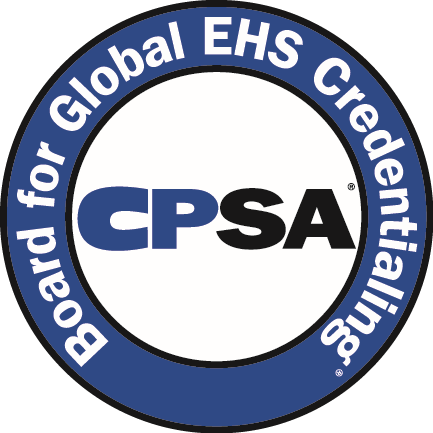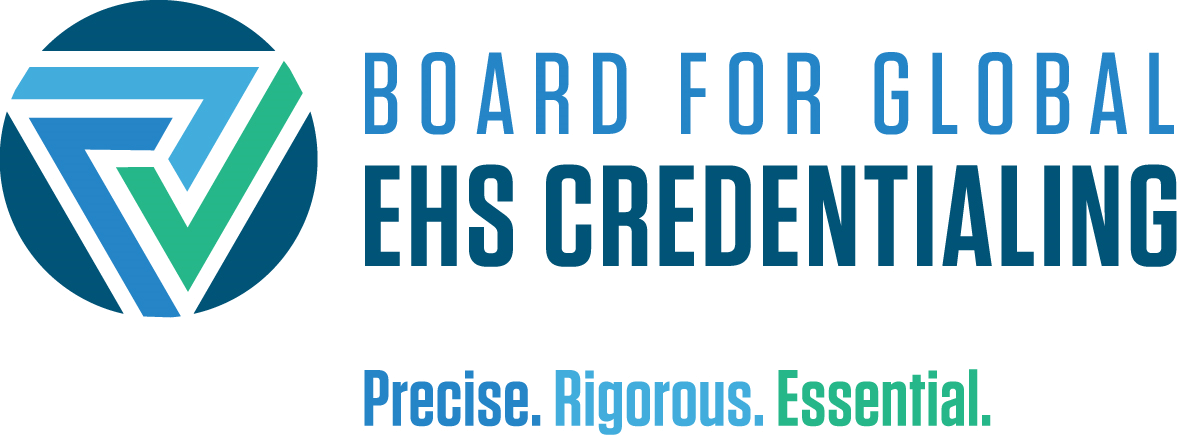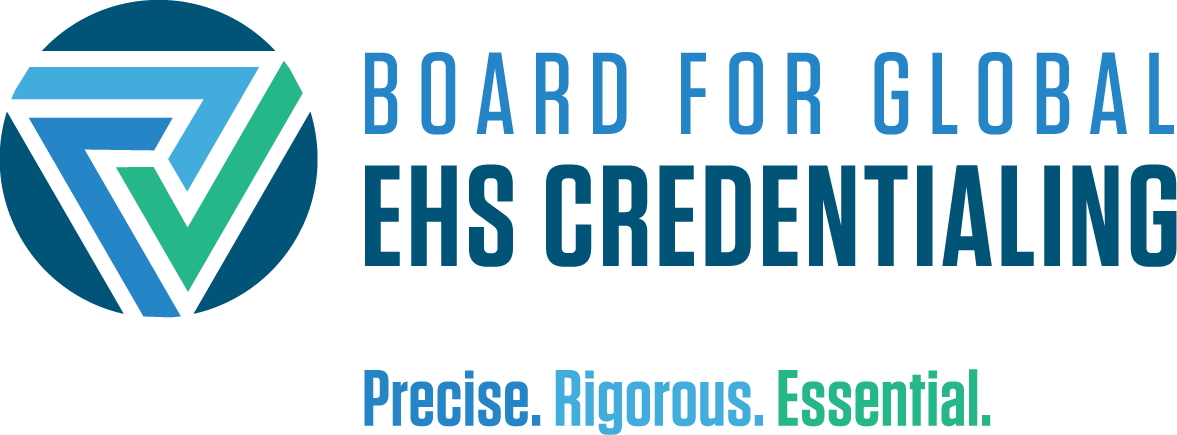
Applying for the Certified Process Safety Auditor (CPSA) Credential
During the course of chemical processes, unintentional releases of chemicals, energy, or other potentially dangerous materials can occur. Process Safety refers to the prevention of these unintentional releases, which can have a serious effect to the planet and the environment. Process Safety is a disciplined framework for managing the integrity of operating systems and processes that handle hazardous substances in an effort to prevent and control events that have the potential to release hazardous materials and energy. Process safety can include, but is not limited to addresssing:
- Prevention of leaks
- Spills
- Equipment malfunction
- Over-pressures
- Over-temperatures
- Corrosion
- Metal fatigue
Putting systems in place to manage process safety helps reduce the potential for preventing major disasters involving the consequences of catastrophic releases of toxic, reactive, flammable, or explosive chemicals. Process safety programs can involve:
- Design and engineering of facilities
- Maintenance of equipment
- Effective alarms
- Effective control points
- Procedures and training
The Certified Professional Environmental Auditor (CPSA) credential demonstrates one’s practice of today’s auditing procedures, processes, and techniques related to process safety BGC will only grant the CPSA to practitioners who achieve the requirements for education and experience, agree to abide by BGC’s Code of Ethics, and through examination, demonstrate both general auditing knowledge by passing an exam of general auditing practice and professional-level knowledge and skills by passing a multiple-choice exam on process safety. BGC places no restrictions or qualifications on the career paths of a CPSA as long as the person meets the ongoing requirements in the certification maintenance program and adheres to the professional, enforceable BGC Code of Ethics.
Obligations of Credential Holders
After you pass the exam and are issued your credential, you are required to meet several obligations, not limited to:
- paying your fees on or before the due date,
- continually updating your knowledge and skills,
- documenting knowledge and skills through the Certification Maintenance Process, and
- upholding the BGC Code of Ethics.
Please be aware that if the requirements for certification and recertification change, you will be required to meet them in order to hold your certification.
CPSA Candidate Handbook






